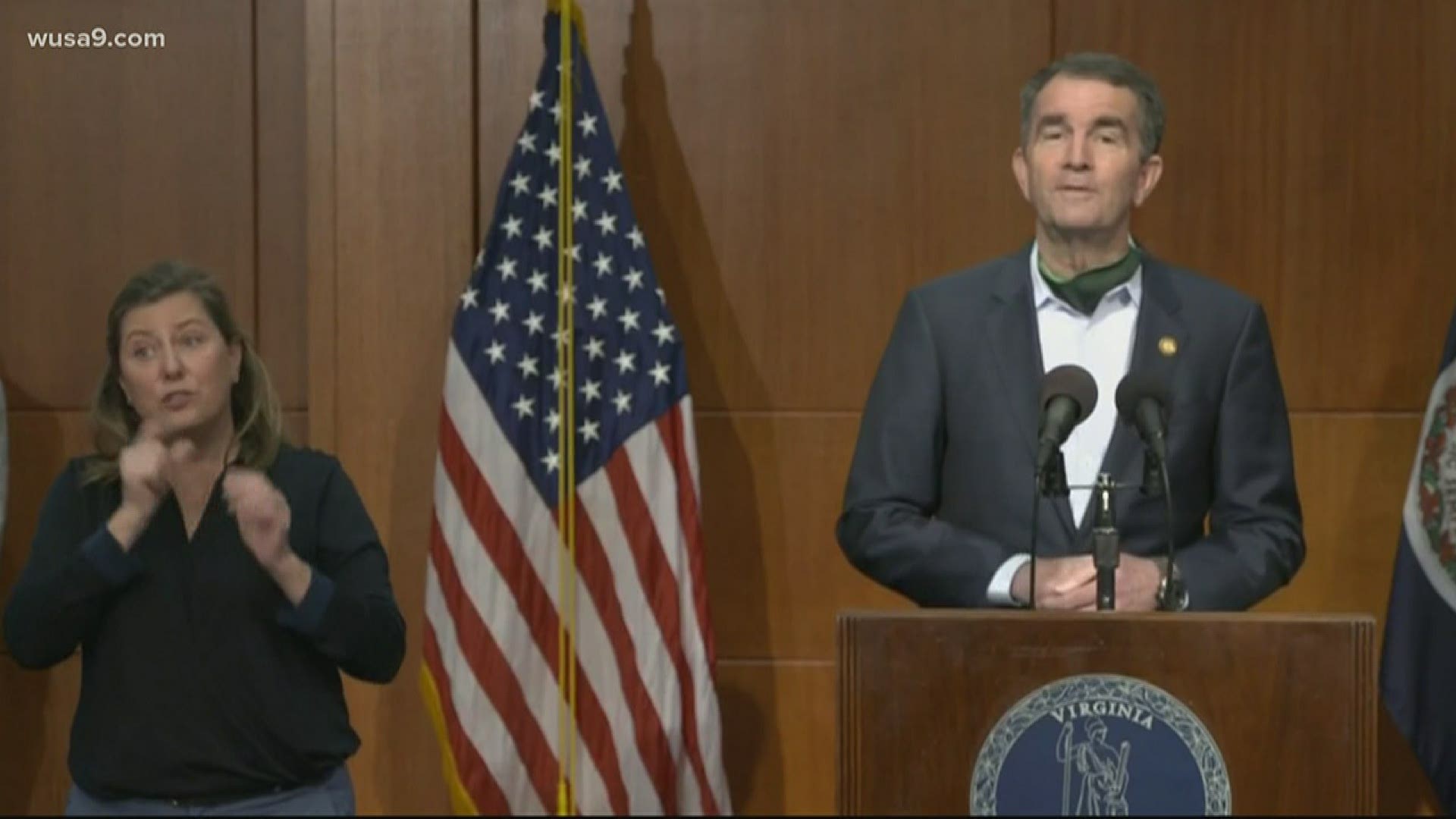WASHINGTON — Nearly 2 million chickens from farms in Maryland and Delaware had to be killed last week. Poultry industry officials said staffing shortages at processing plants due to the coronavirus, as well as increased safety measures, are causing a backup of animals at the farm.
James Fisher, with Delmarva Poultry Industry Inc, a trade group representing poultry producers in Maryland, Delaware and Virginia, isn’t naming the company that made the decision to kill its chickens last week before they could be processed for food.
“This is the very last thing that any farmer, or any chicken company employee wants to do," Fisher said.
Fisher said the company exhausted all other options and it couldn’t find any other way to process its birds.
“This was a case when all of the chicken companies around the country, to different degrees, are dealing with the same pressures," he said.
Delmarva Poultry Industry says there are strict guidelines for killing animals that have been approved by the American Veterinary Medical Association – and were adhered to in this case
Animal rights activists put out this petition calling for a stop to practice of ‘depopulation,' calling it inhumane and stating the measures were meant for dealing with avian flu, not healthy birds.
Fisher said chicken companies were faced with inhumane overcrowding if they didn’t make the cull.
Poultry farms aren’t alone. Pork farmers may be facing some of the biggest challenges ahead. Jim Monroe, with the National Pork Producers Council, said closures and staffing shortages at processing plants are their biggest challenge right now
“It’s a just-in-time inventory model," Monroe said. "You raise hogs to be about 270 pounds… and then off they go to market, and there are more hogs right behind them.”
Monroe said the pork industry could face long-term damage financially.
“The situation is very severe. We have too many animals backed up on farms… and there’s really no good options available to farmers," he said.
After two years of trade retaliation from China and Mexico, Monroe said 2020 was looking much more positive, but prices per hog have dropped significantly.
“Our farmers are now looking at losing $37 per animal. Collectively, that’s a $5 billion loss for the industry," Monroe said.
Monroe said pork producers need government support to help keep their farmers afloat.
“That speaks to the financial crisis and the need for increased and expanded government support to make sure that this pork production system that we’ve built in the United states… if we don’t we’re looking at doing long-term damage," Monroe said.
Small scale farmers like Robert Staples at Hog Haven Farm said his revenues are also down about 75%, but he said that’s due to regulations around hot food and pre-ordering at local farmer’s markets. Staples said he’s now depending entirely on selling meat.
“We are selling everything that we’re processing right now," he said.
Staples said he has pre-booked his processing a year in advance, and so far has not seen delays. He said he could even potentially take on a few extra hogs on his farm.
"I certainly could take some, I couldn’t take like 10,000," Staples said.
Still, Staples said he’s working the hardest he’s ever worked – and for less money. His has set up a GoFundMe campaign for public support.

